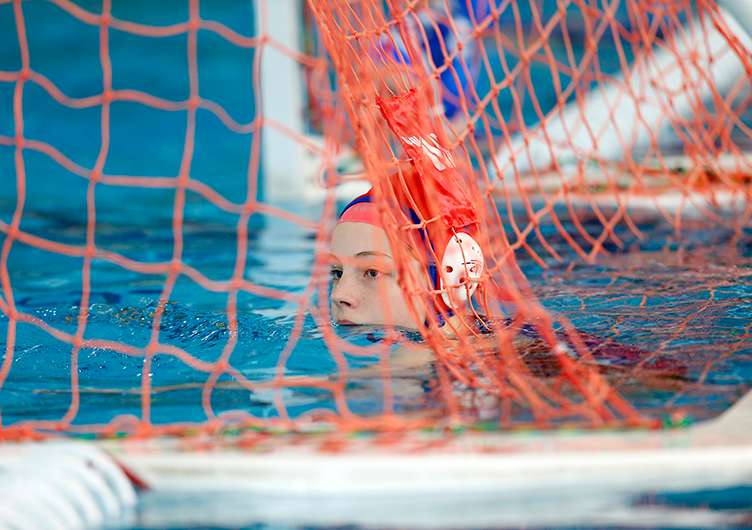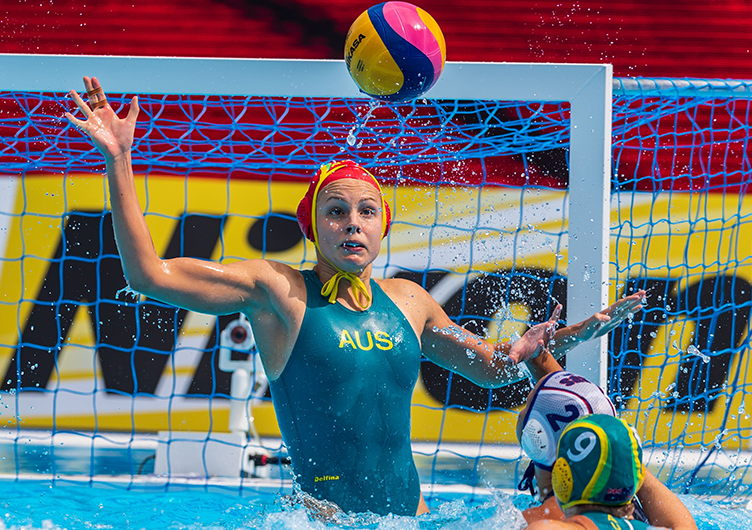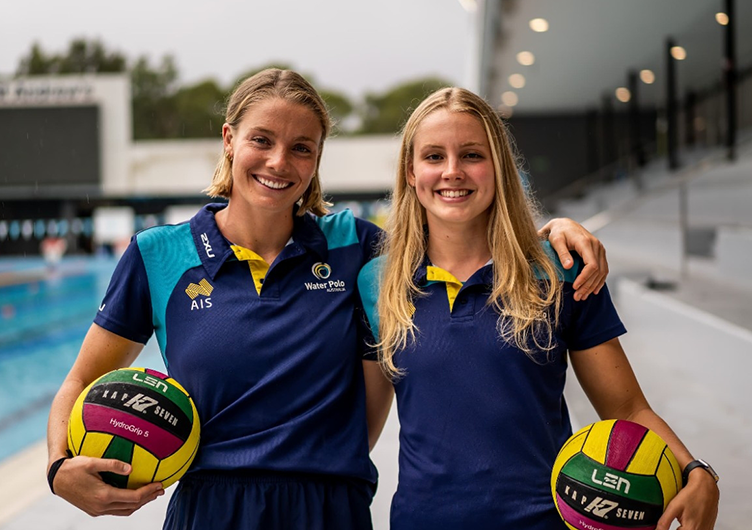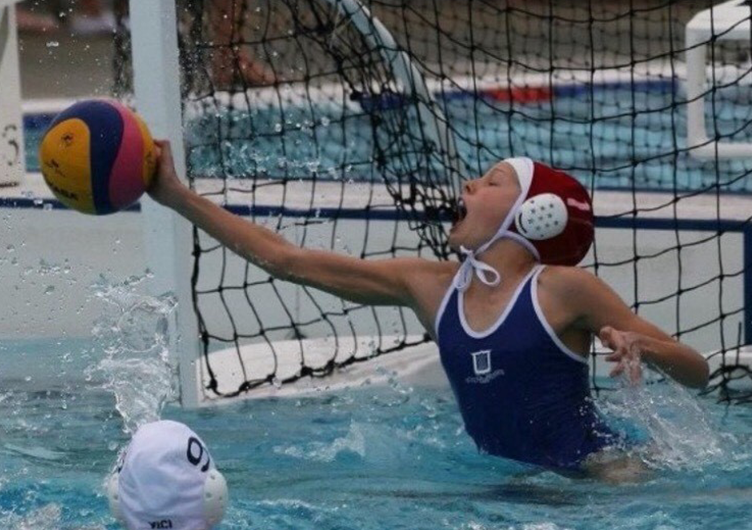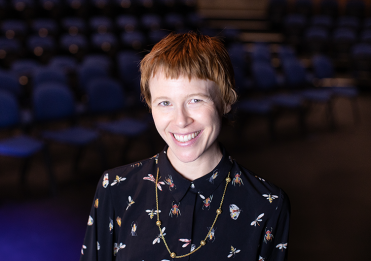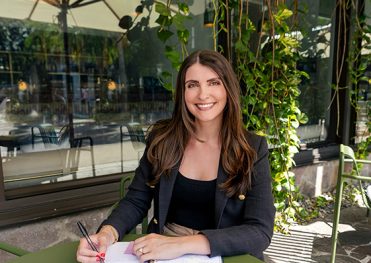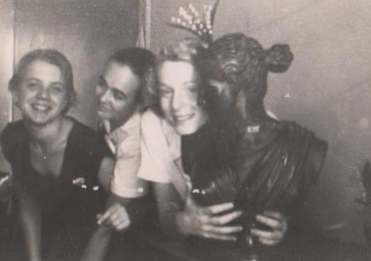As Australia’s number one goalkeeper, how are preparations going for the Tokyo Olympics?
Preparations look very different this Olympic cycle. In previous years, the Aussie Stingers would spend the months before the Games overseas, competing in lead-up tournaments and participating in scrimmages against other countries. With the COVID-19 travel restrictions in place, we’ve had to look at other options to ensure we’re still playing competitively. This has involved playing men’s teams during training.
We’ve also participated in several residential camps where we live together and train for four weeks, and then have one week to rest at home. Of course, this is subject to the current COVID-19 situation, so we must be prepared to stay in camp longer if there is an outbreak in our home state.
How did you stay motivated when the Olympic Games were postponed in 2020?
My dream of playing at the Olympics remains; it was just the end date that changed. I knew I had to use this extra year as an opportunity to build on the physical and mental aspects of my game. With pools closed during the lockdown we could not train at the intensity and frequency we were used to, so I had to find creative ways to maintain my fitness. To train together, while physically apart, our squad held group workouts via Zoom to stay connected. I also devised home workouts and attached an elastic rope to my pool fence to swim laps at home.
How difficult has it been to prepare and train as a squad?
Last year was challenging. With lockdowns and travel restrictions, we were physically distanced as a team. We stayed connected through weekly team Zoom meetings, but it was hard not being able to train together. In February 2021, we were finally able to come back together as a squad and are now trying to be together as much as possible until the Olympics.
Water Polo is a wonderful sport for spectators. How does it feel to be competing without spectators?
Competing at the Olympics will be different because international spectators are not allowed, and spectators cannot cheer. As difficult as it will be not having family, friends or Australian supporters cheering us on from the sideline, I support the decision if it means the Olympics can proceed.
You are currently studying a Bachelor of Psychological Science at The University of Queensland (UQ). How do you balance training and study?
Trying to succeed in both water polo and my studies requires excellent time management. I plan my days, weeks, and months to the best of my ability so I can give myself the necessary time to succeed at both. However, it also enables me to allocate time to spend with my family and friends. Allowing myself this time is just as important because it keeps me connected and well rounded. I’m also fortunate to be a recipient of the UQ Sports Achievement Scholarship. The team at UQ are a great help in assisting me with academic liaison and anything else I might need.
There has been much discussion recently about equal representation, opportunities, and pay in sport. As an elite female athlete, what is one change you would like to see in women’s sports?
By the age of 17, almost 50 per cent of girls stop playing sport. To have equal representation and opportunities, we need to be looking for ways to keep girls involved in sport. Programs like Suncorp Team Girls, which I’m fortunate to be an ambassador for, are essential because they promote girls’ participation in sport and keep them in the game.
What advice would you give to a Grammar girl or woman who is considering pursuing a sport professionally?
My advice would be to make sure you have other options, whether that be a university degree, diploma, or course you are interested in. Studying while playing sport makes me a well-rounded person. It allows me to pursue my goals in life while also setting me up for my career after sport.
